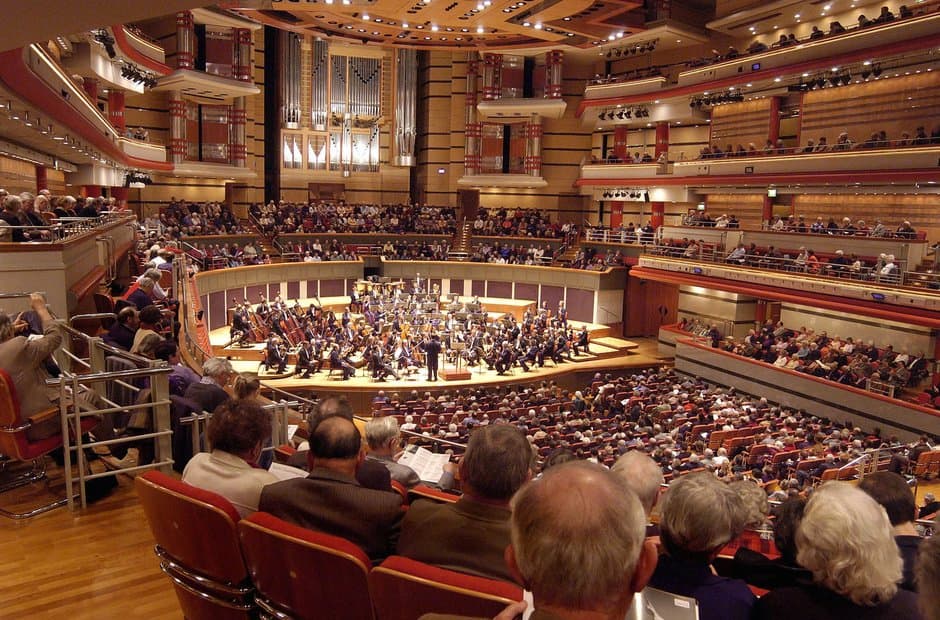
Credit: https://www.journeysinternational.com/
The first few weeks, when the piece is still very new, can be an uphill slog as you cope with note-reading and learning, understanding the structure and harmony, and trying to get a handle on the character and expressive elements of the piece. Then one day you go to practise it and suddenly it seems a whole lot easier: you’ve scaled that initial steep ascent and have arrived on a pleasant plateau where playing becomes enjoyable again. At this point your progress may suddenly become quite rapid as you feel more at ease with the music.
But then you reach a certain point where you feel stuck on a ledge, the summit in sight, but seemingly unattainable. You need a push, a burst of energy to get you up there. When I reach this point in my learning, it is usually a sign that I need to see my teacher to assess my progress and to give me a shot of inspiration and encouragement to push me to the next level.
Sometimes reaching a seemingly inescapable plateau indicates that we are over-thinking our practising, or fretting over small or imaginary issues which we have turned into bigger problems. In this instance, try shifting the focus of your practising: if you have been practising the same piece in the same way for the past few weeks, try a different approach.
Maybe it’s a sign that it’s the time to put the music away for a few weeks and look at something else. Taking a break also revives our interest in our music and gives us pause for reflection. Returning to the music after a break often offers up interesting new insights and ideas about the music, enabling us to work with renewed energy and excitement.
Conversations with friends, colleagues, teachers can often shine a light on a seemingly intractable issues with a piece. Asking a trusted friend or colleague to hear you play and give feedback can be helpful too. Meanwhile listening to recordings or going to concerts can lead to moments of revelation and inspiration.
Playing the piano is hard – as my teacher regularly says, “If it was easy, everyone would do it!” – and some pieces remain difficult, despite the many hours of work and thought we put into them. Thus, it is important to celebrate the Eureka! moments, while also allowing ourselves time to evaluate and reflect on what we are doing.
If you’ve reached a plateau in your learning, don’t despair. See your teacher, if you have one, or learn something new, something easier, or return to a piece you know you play well (this can be a tremendous confidence booster). Go to a concert with friends and enjoy talking about the music afterwards. We don’t have to be chained to the piano every day to gain useful support for our practising and musical thinking.
Sibelius: Finlandia (arranged by Joseph Tong)




